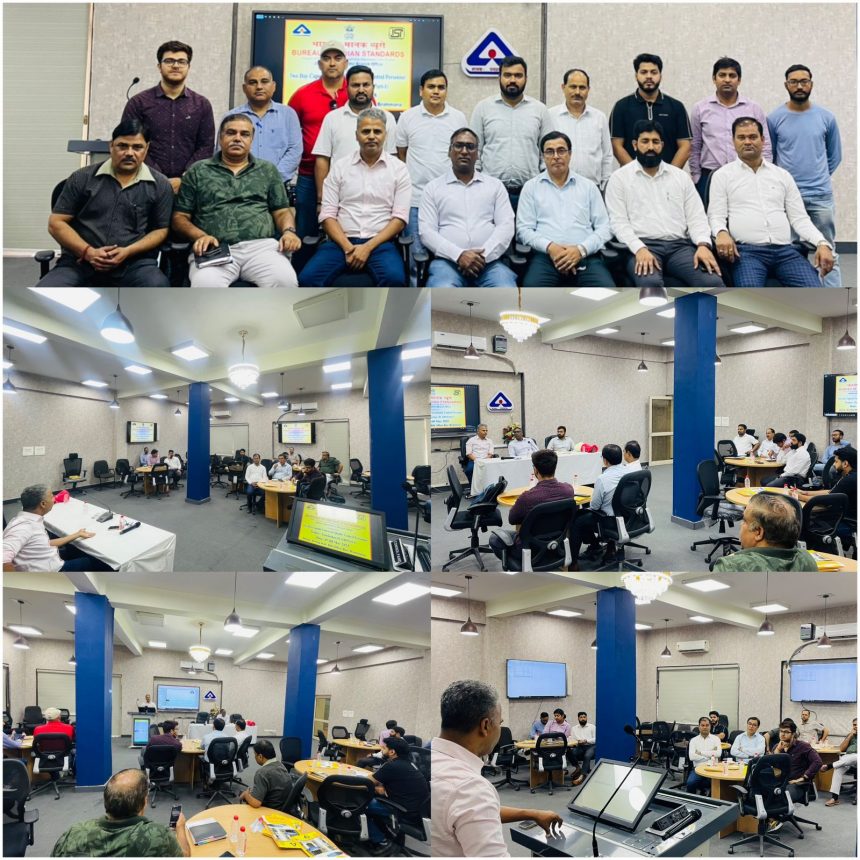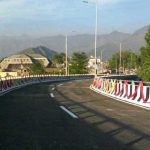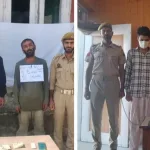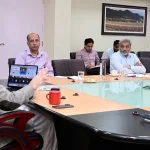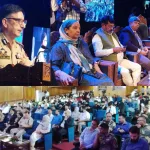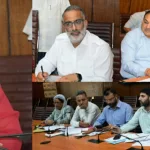Jammu, May 08: Bureau of Indian Standards (BIS), Jammu and Kashmir Branch Office (JKBO), Thursday organised a two-day Capsule Course for Quality Control Personnel (QCPs) from the Transformer industry at the Avinay Hall, BIS Jammu and Kashmir Branch office, Bari Brahmana. The programme saw participation from technical personnel and QCPs from all major Transformer Industries in the Jammu region.
The event commenced with a welcome address by Tilak Raj, Director and Head, BIS JKBO, who emphasised the importance of capacity building within the industry to strengthen India’s quality ecosystem. He stated that the course aimed to train QCPs on crucial aspects such as product requirements, sampling methods, testing protocols, and effective use of BIS’s e-portal for managing ISI mark licenses. Following the inaugural address, Pankaj Atri, Joint Director, BIS JKBO, delivered an insightful presentation on Transformers, covering their types based on technical composition and application. He explained the manufacturing processes and control points essential for ensuring quality production. Additionally, Atri elaborated on the Indian Standards requirements and testing methods for transformers as outlined in the product manual. He also provided a hands-on demonstration of the e-BIS portal, the ‘Know Your Standards’ webpage and the BIS Care App, offering practical guidance on the Conformity Assessment Schemes (CAS). The programme included demonstrations of chemical and physical testing methods for transformers, providing practical exposure to real-world quality control practices.
The two-day course fostered interactive discussions among participants, who shared their experiences in manufacturing and testing transformers. The training initiative received positive feedback, with attendees expressing appreciation for the programmes blend of theoretical knowledge and practical demonstrations, enhancing their understanding of quality control in the transformer industry. BIS JKBO remains committed to supporting industries in strengthening quality practices and compliance with Indian Standards, thereby contributing to the nation’s vision of a robust quality infrastructure.


